"Health equity is the right thing to do, it’s the ethical thing to do, and it is good for business," Zeno Group global managing director of health and wellness Kristie Kuhl tells Doug Simon.
Kuhl says that "what we're really talking about is how do you remove obstacles that prevent people from achieving optimal health in their life?" The effects of racism, she notes, put up a lot of those obstacles. "People who are dealing with racism have higher blood pressure, they have all kinds of cardiovascular risks, they have weight issues."
She also talks about how the challenges that COVID has presented when it comes to communicating about health.
"What we have to do is make sure that we are reaching people where they are and how they want to receive information. So, that doesn't mean, what does my client want to tell people—it means, okay, we're trying to address a health issue, here's where the audience is, here's what their preconceived notions are, here is the person who's going to be the decision maker generally in that audience, and then, what information do they need?"
Kuhl stresses communicating to the patient as a whole person, not just focusing on their disease. "People used to say things like, oh, an epileptic or a diabetic. We would never say that now. They are humans, they are people living with ALS, they are people living with epilepsy, they are people living with diabetes."
She also cites the importance of making healthcare communications a two-way street. "While it used to be that pharmaceutical companies would just put the information out there and think the science speaks for itself, that's really outdated."
The role that regulation plays in commuicating about healthcare issues is also discussed in the conversation. "What we do have to think about is making sure that we understand medical, legal, and regulatory are assessing risk, Kuhl says. "They're not the enemy."
With regulatory constraints threatening to make healthcare communications overly complicated, Kuhl says that "health literacy" is likely as important as health equity. "Our goal is that we want to be able to help audiences understand this information." Kuhl says.
She adds that collaborating with MLR early in the process can help with that goal. Communicators should say to them: "This is what we want to do. What are our guidelines and what risks would we be facing?
View all of the interviews in the “PR's Top Pros Talk” series. Subscribe to get notified when new episodes are available.
Interested in taking part? Contact Doug Simon at [email protected]
D S Simon Media helps clients get their stories on television through satellite media tours and by producing and distributing content to the media. The company also produces live social media events.


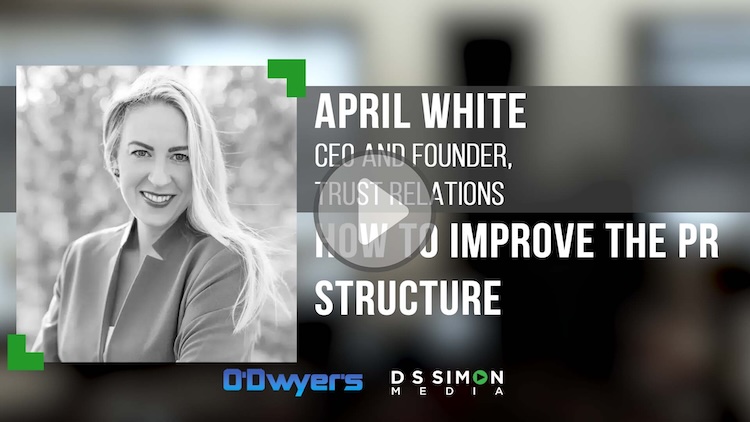
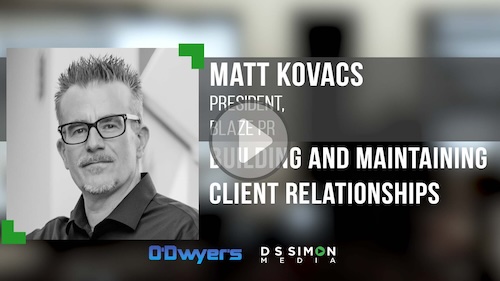
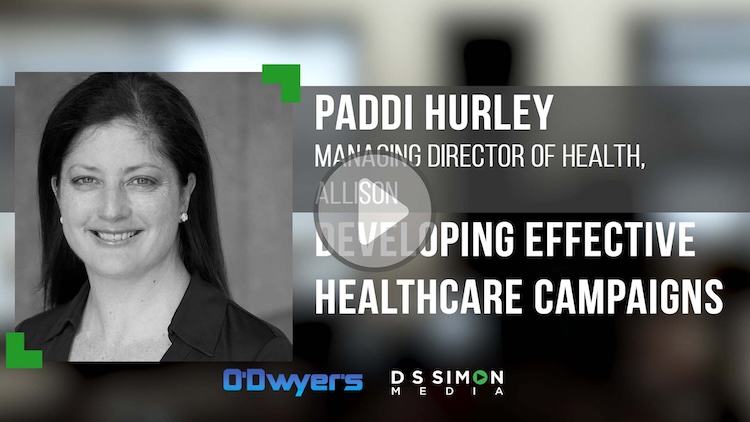
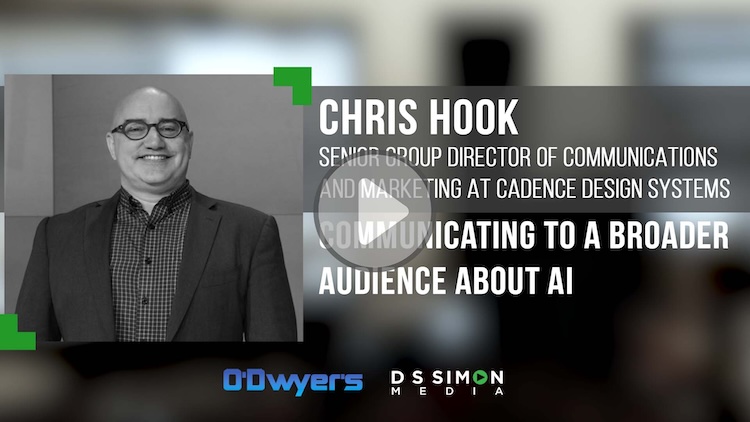
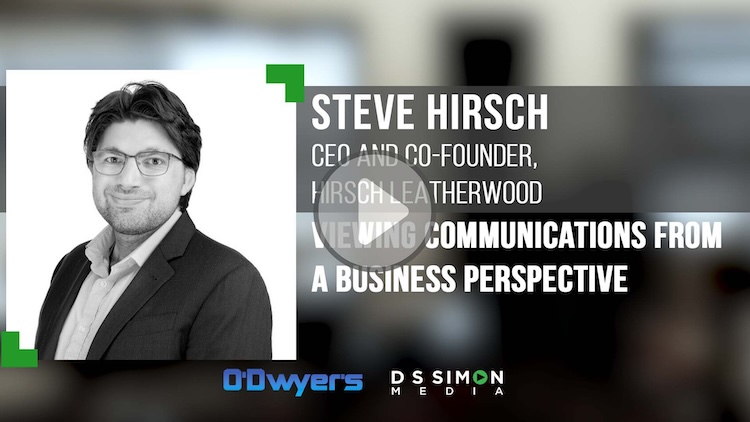



 Have a comment? Send it to
Have a comment? Send it to 
No comments have been submitted for this story yet.